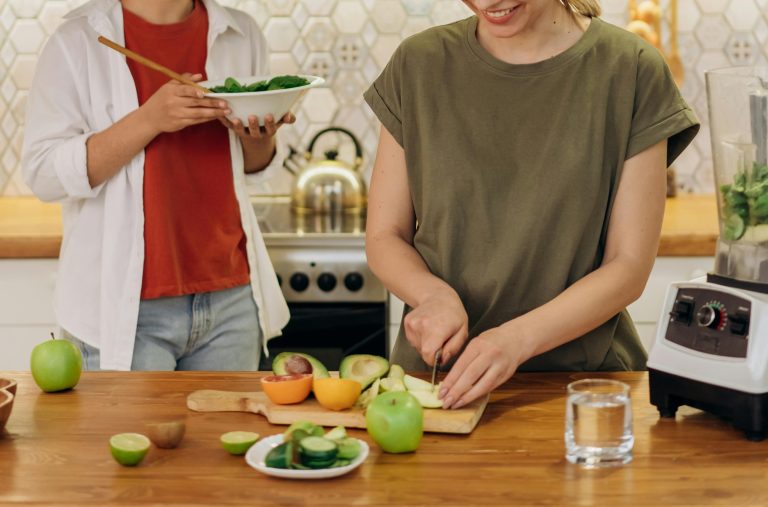
This weekend, a nearly imperceptible miracle occurred in our home.
In less than two months, our beautiful son will turn 18. Legally, he’ll be an “adult,” though long ago we abandoned external markers like benchmarks, developmental timelines, and checklists of “normalcy”—both for his sake and our own. Having a child who lives outside the tidy margins of what’s considered “typical” is its own kind of hero’s journey for a parent. One that demands you lay down what you thought you knew—your expectations, your ego, everyone else’s certainty—and pick up instead the truth of your actual child.
It’s a sacred and complex task: to love your child implicitly as they are, rather than who the world says they should be. Our family has been walking that path for 18 years—years that have held uncertainty, doubt, fear, and alongside those, an ever-deepening trust in ourselves, our child, and the process.
And then, on an ordinary Monday night, that trust bore fruit.
Ethan’s dad was cooking dinner after a long, exhausting day. Ethan wandered into the kitchen and casually asked what we were having. His dad answered, and—gently, without pressure—mentioned that a bit of help would be appreciated. Ethan responded plainly that he was tired too and headed back to his anime show. And then… the miracle: a few minutes later, he returned and asked if there was something small he could do to help.
He tore lettuce for the salad.
That was it. Simple, small. But not at all small.
Because this moment was the culmination of years of supporting a nervous system that interprets most demands as threats. Years of walking the tightrope between protecting Ethan’s sense of agency and helping him engage with the world. Years of meltdowns when the desire to contribute clashed with the internal “NO” rising in his body. Years of offering non-choices, seeking that internal “yes,” and later, teaching him how to say no from a place of safety, not fear.
At every step, we questioned ourselves:
Are we helping? Are we enabling? Is this parenting, or is it just survival?
The truth? We never really know in the moment. None of us do. All we could do was learn to speak the language of his nervous system, lean into support from wise and skilled guides, and keep nurturing the relational trust between us.
And here, 18 years in, we’re starting to see the fruit: a young man who—on his own—could hold the needs of his parent and his own internal state in the same hand, and sort through them not with fear or reactivity, but with his attuned and maturing prefrontal cortex. That’s not small. That’s evolution. That’s what love over time can do.
When we learn how our unique child is developing—not how they should be developing—we can meet them where they are. We can lean into their edge, hold them when they need holding, and nudge them when they’re ready to stretch.
It takes courage to swim against the cultural current of parenting advice. To listen to the quiet wisdom of your own heart. To see through your child’s behavior and hear what their nervous system is whispering. To experiment, misstep, try again. And to ultimately put your faith not in who you hoped they’d be, but in who they actually are becoming.
This journey isn’t fast or easy. But every once in a while, you get a glimpse of the quiet miracle that all that faith and effort is blossoming.